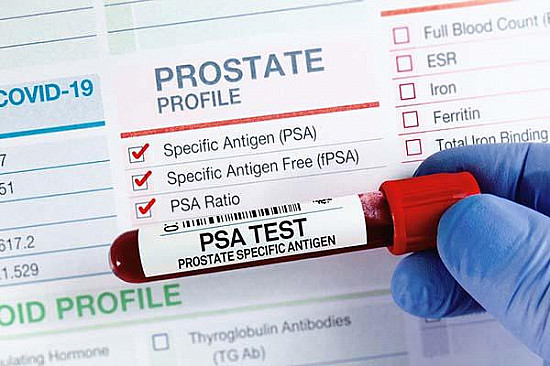Degarelix approved for advanced prostate cancer
In December 2008, the FDA approved the injectable drug degarelix (Firmagon) for the treatment of advanced prostate cancer. Degarelix belongs to a class of agents called gonadotropin-releasing hormone (GnRH) antagonists.* GnRH antagonists and drugs called luteinizing hormone–releasing hormone (LHRH) agonists are prescribed to men as hormone therapy for prostate cancer. The drugs slow disease progression by suppressing testosterone, which plays a key role in the growth of prostate cancer.
LHRH agonists — leuprolide (Lupron) is one — may cause an initial surge in testosterone production before lowering testosterone levels. To block that surge and help prevent any tumor growth, doctors often prescribe a short course of anti-androgen therapy, which can worsen or cause additional side effects. But because it works differently, degarelix doesn’t raise testosterone levels, making an anti-androgen unnecessary.
FDA approval of degarelix was based on a year-long phase III randomized clinical trial that compared it with leuprolide. Both drugs were equally effective at suppressing testosterone levels, though degarelix appeared to work more quickly. The most common side effects were pain, redness, and swelling at the injection site; hot flashes; weight gain; fatigue; and increases in some liver enzymes.
*Note: Editor in Chief Marc Garnick, M.D., helped develop the first GnRH antagonist, abarelix (Plenaxis). He serves as a consultant to Specialty European Pharma, which is marketing abarelix in Europe.
Originally published April 1, 2009; last reviewed May 3, 2011.
About the Author
Disclaimer:
As a service to our readers, Harvard Health Publishing provides access to our library of archived content. Please note the date of last review or update on all articles.
No content on this site, regardless of date, should ever be used as a substitute for direct medical advice from your doctor or other qualified clinician.















